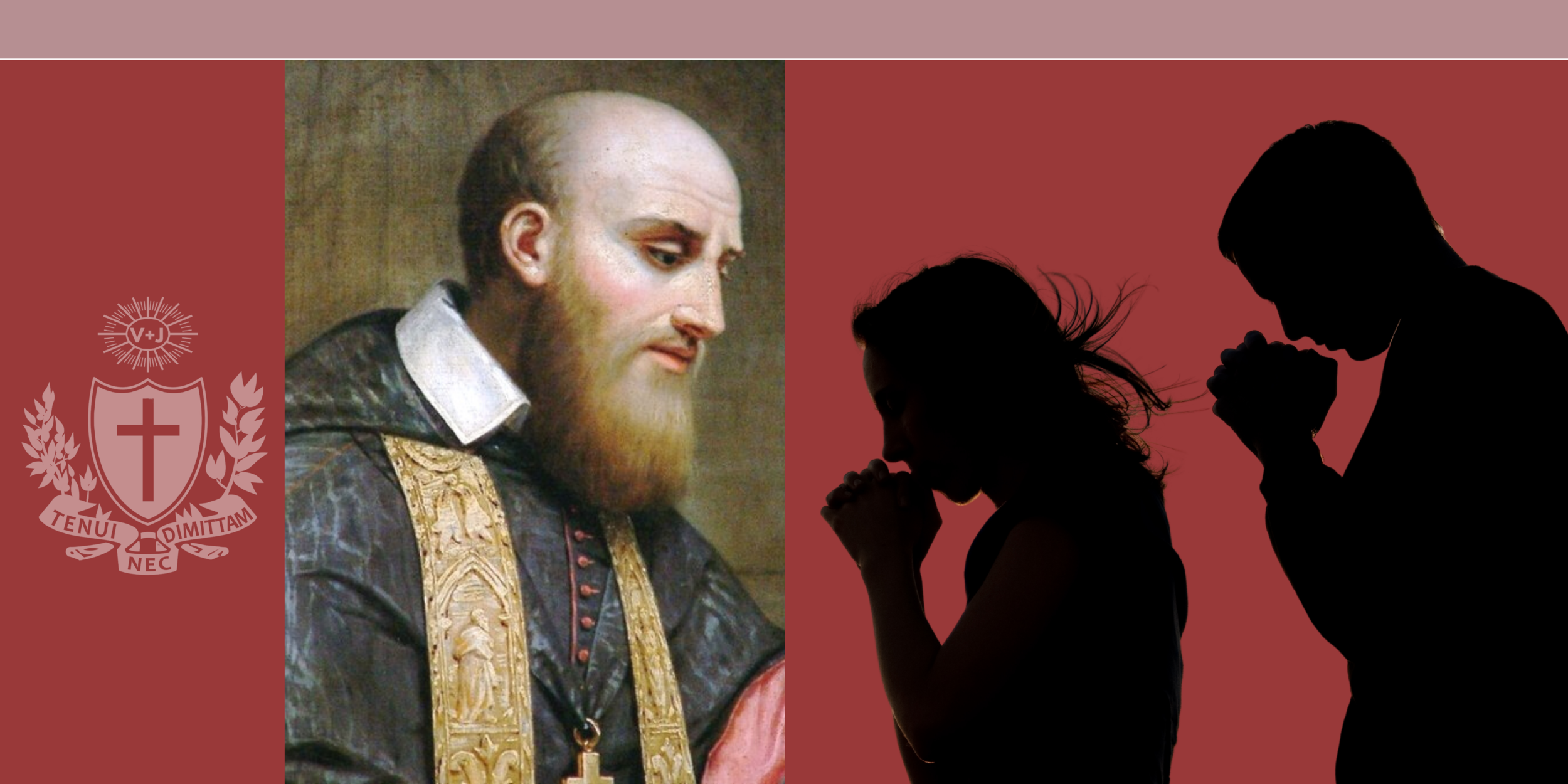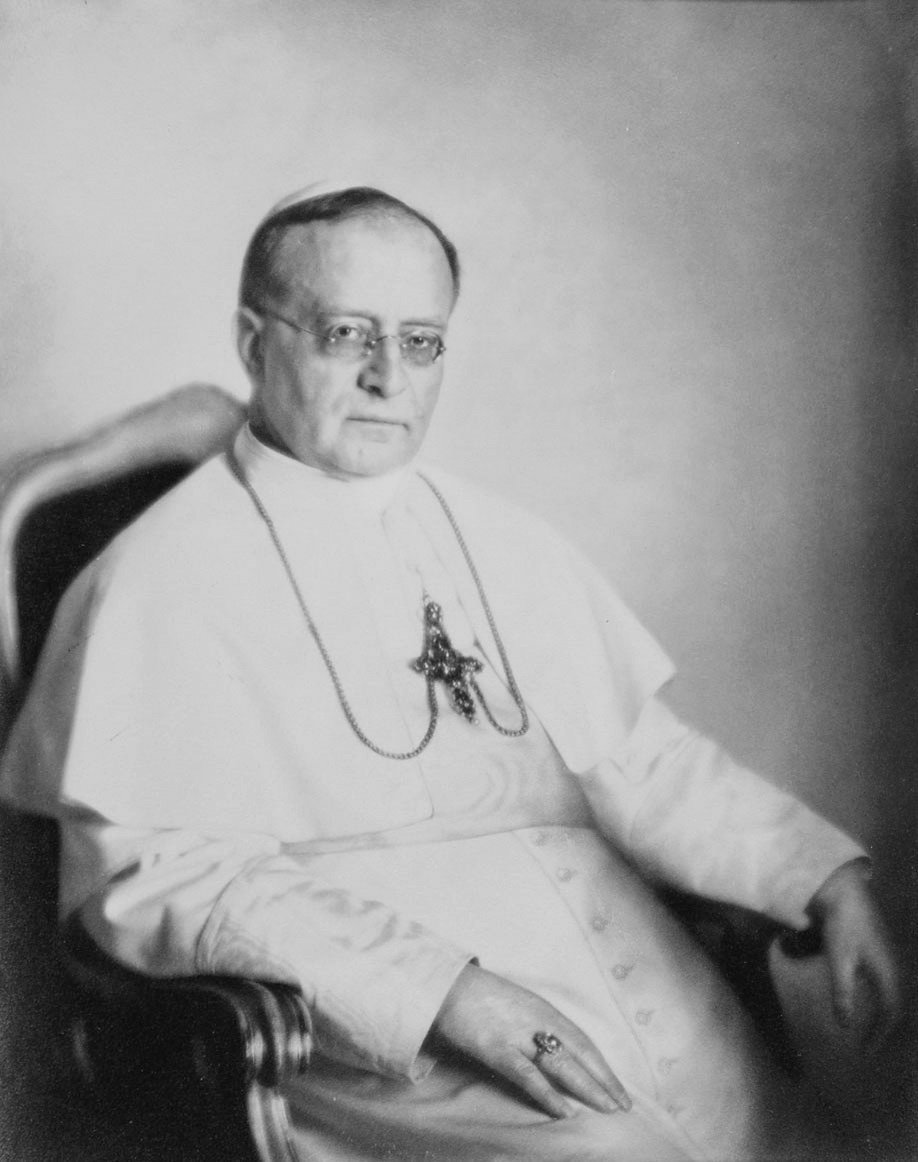Pope Pius XI Declares St. Francis de Sales the “Patron Saint of Writers”
We are now happily called upon to celebrate the Third Centenary of the entrance into heaven of another great saint, one who was remarkable not only for the sublime holiness of life which he achieved but also for the wisdom with which he directed souls in the ways of sanctity. This saint was no less a person than Francis de Sales, Bishop of Geneva and Doctor of the Universal Church. He seemed to have been sent especially by God for a very special mission. His task was to give the lie to a prejudice which in his lifetime was deeply rooted and has not been destroyed even today, that the ideal of sanctity held up for our imitation by the Church is impossible of attainment or, at best, is so difficult that it surpasses the capabilities of the great majority of the faithful and is, therefore, to be thought of as the exclusive possession of a few great souls. St. Francis likewise disproved the false idea that holiness was not adaptable to a life lived outside the cloister walls.
Whoever attentively reviews the life of St. Francis will discover that, from his earliest years, he was a model of sanctity. He was not a gloomy, austere saint but was most amiable and friendly with all, so much so that it can be said of him most truthfully, "her conversation (wisdom) hath no bitterness, nor her company any tediousness, but joy and gladness." (Wisdom, viii, 16) He excelled in the meekness of heart, a virtue so peculiar to himself that it might be considered his most characteristic trait. This virtue, which grew in the heart of St. Francis as a delightful effect of his love of God and was nourished by the spirit of compassion and tenderness, so tempered with sweetness the natural gravity of his demeanor and softened both his voice and manners that he won the affectionate regard of everyone whom he encountered.
We learn from the Saint how not only to perform the customary acts of everyday life but how to do these things correctly with the sole intention of pleasing God. He teaches us how not only to conquer dangers, temptations, and the allurements of pleasure but how every year it is necessary for each of us to renew and to rekindle his love of God by the making of holy resolutions.
It is important for the Christian people to turn to the example of holiness given by St. Francis, so that they may be edified thereby and may make his teachings the rule of their own lives. It would be impossible to exaggerate the value of his books and pamphlets to attain this purpose. These books ought to be distributed as widely as possible among Catholics, for his writings are easy to understand and can be read with great pleasure. They cannot but inspire in the souls of the faithful a love of true and solid piety, a love which the clergy can develop with most happy results if they but learn to assimilate thoroughly the teachings of St. Francis and to imitate the kindly qualities which characterized his preaching.
It is our wish that the greatest fruits should be gained from this solemn Centenary by those Catholics who as journalists and writers expound, spread, and defend the doctrines of the Church. It is necessary that they, in their writings, imitate and exhibit at all times that strength joined always to moderation and charity, which was the special characteristic of St. Francis. He, by his example, teaches them in no uncertain manner precisely how they should write.
Since St. Francis, up to this time, has not been named the Patron of Writers in any solemn and public document of this Apostolic See, We take this happy occasion, after mature deliberation and in full knowledge, by Our Apostolic authority, to hereby publish, confirm and declare by this encyclical, everything to the contrary notwithstanding, St. Francis de Sales, Bishop of Geneva and Doctor of the Church, to be the Heavenly Patron of all Writers.
* Given by Pope Pius XI (1837-1939)
On the celebration of the 300th Anniversary of the death of St. Francis de Sales





